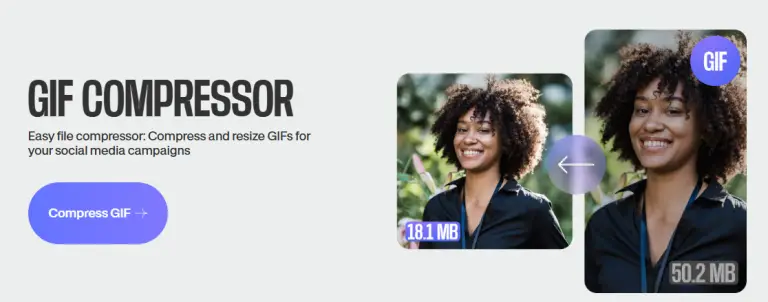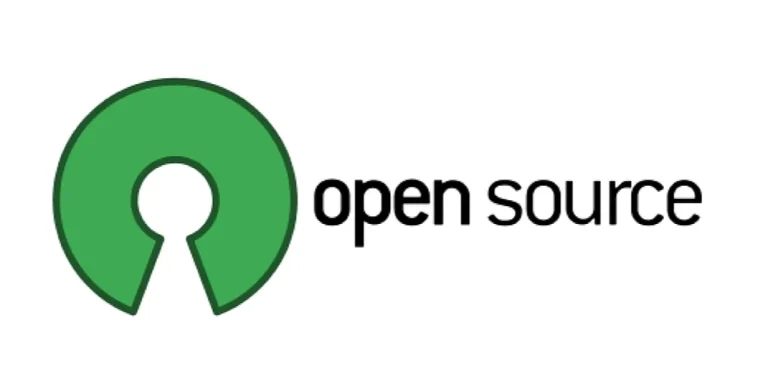
Google has asserted in court that its Chrome browser cannot be recreated without deep integration with the company’s broader ecosystem of services. This statement was delivered during U.S. Department of Justice antitrust hearings by Parisa Tabriz, General Manager of Chrome. According to Tabriz, over 17 years of development, Chrome has become intricately intertwined with Google’s infrastructure, and today, many of its features — such as Safe Browsing and breached password alerts — rely heavily on other internal Alphabet systems. She emphasized that any attempt to disentangle Chrome from the wider ecosystem would be unprecedented and, in all likelihood, impossible.
Currently, Judge Amit Mehta is considering the Justice Department’s proposals, which include the forced divestiture of Chrome and a ban on Google paying to have its search engine set as the default, particularly on new AI-powered products like Gemini. The DOJ contends that Google has violated antitrust laws by unlawfully establishing a monopoly in the search market.
According to Statcounter data for March, Chrome remains the world’s most popular browser, commanding roughly 66% of global users. While it is built upon Chromium, an open-source project initiated by Google, contributions also come from companies such as Meta, Microsoft, and the Linux Foundation.
Nevertheless, the Justice Department’s independent expert, Harvard professor James Mickens, testified that technically, separating Chrome from Google’s ecosystem would be feasible. He noted that even if Google were compelled to divest Chrome, the company would still have a vested interest in maintaining Chromium’s integrity, given its critical role in ensuring website functionality on Android devices.
Tabriz, however, challenged this assertion. She stated that Google invests hundreds of millions of dollars annually into Chromium and that, since 2015, Google engineers have authored over 90% of the project’s total codebase. She further noted that other companies currently make only minimal technical contributions.
Tabriz also revealed Google’s ambitions to integrate artificial intelligence into Chrome. Already, users can install extensions based on ChatGPT and Perplexity AI or adjust their search settings through AI-powered enhancements. Notably, Gemini has been designated as Chrome’s default assistant. According to internal Google documents, the company envisions transforming Chrome into an “agentic browser” — a platform capable of performing tasks on behalf of users, such as filling out forms, retrieving information, and assisting with purchases. In a 2024 memorandum authored by Tabriz, it is outlined that Chrome is destined to become a hub for interacting with multiple AI agents, both from Google and third-party developers.


